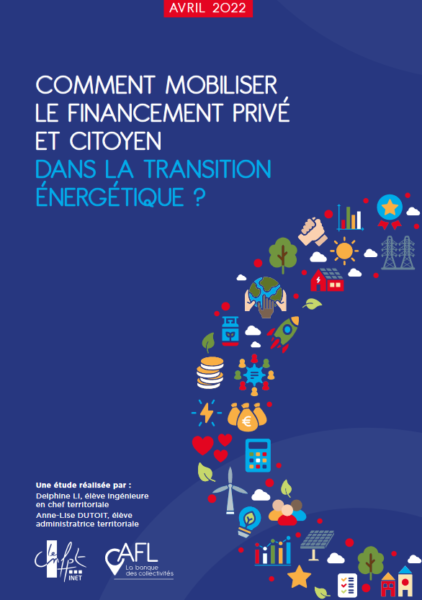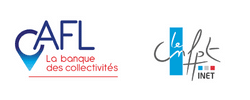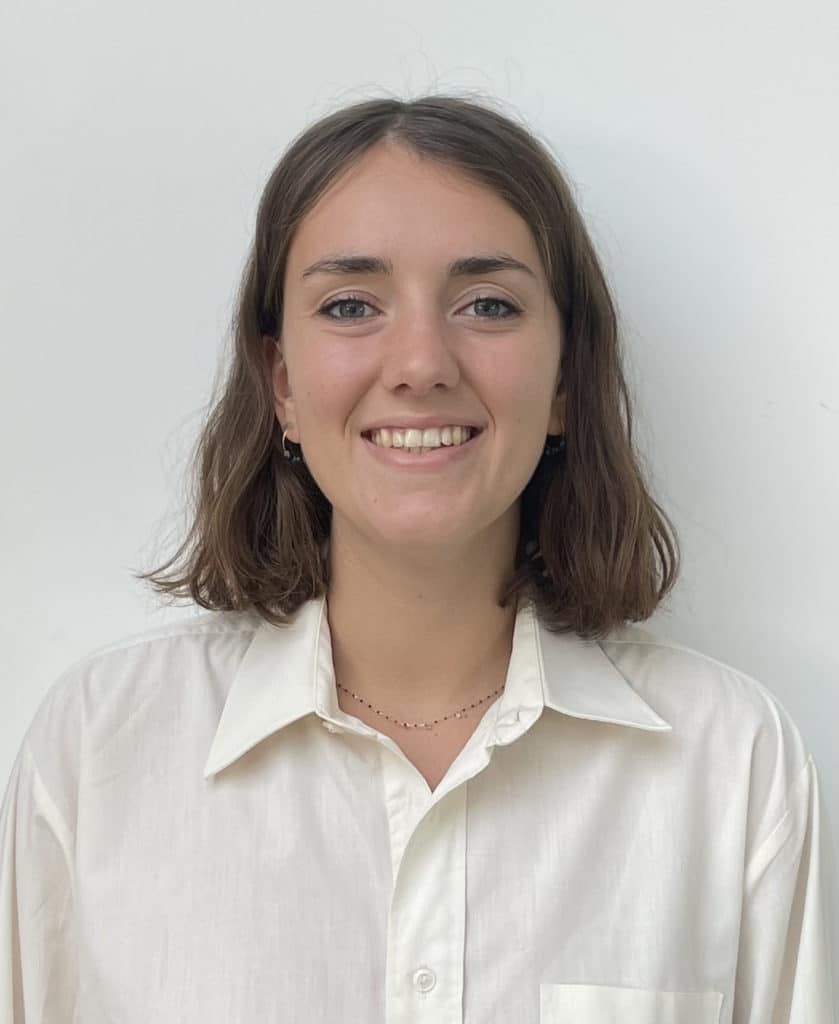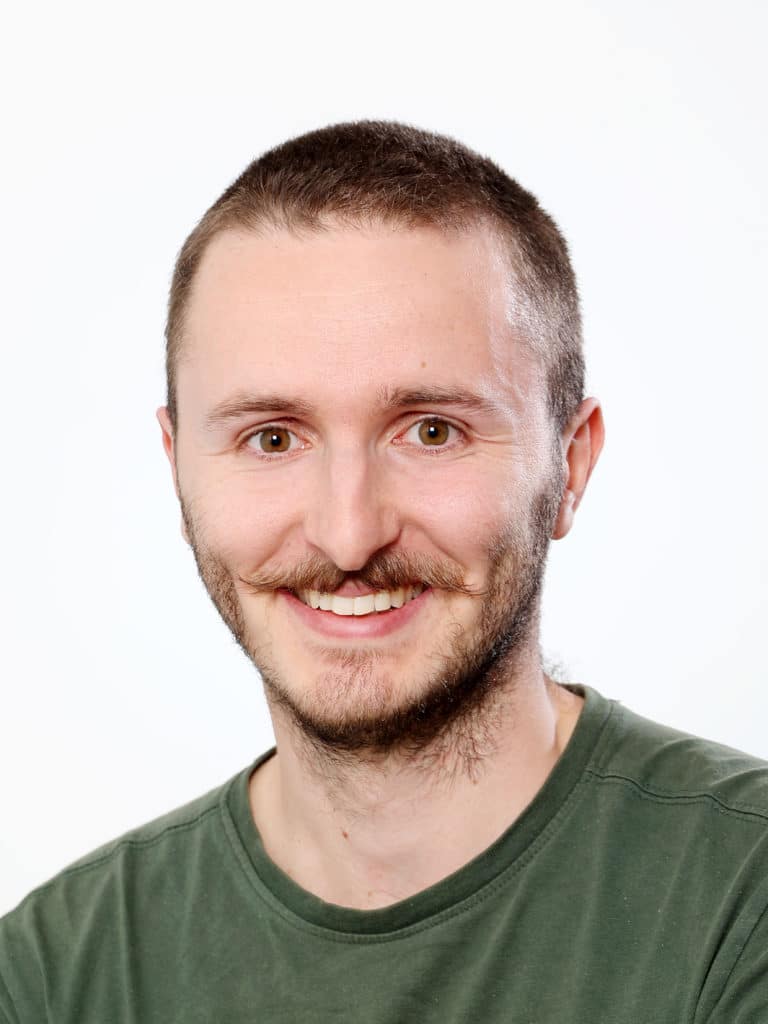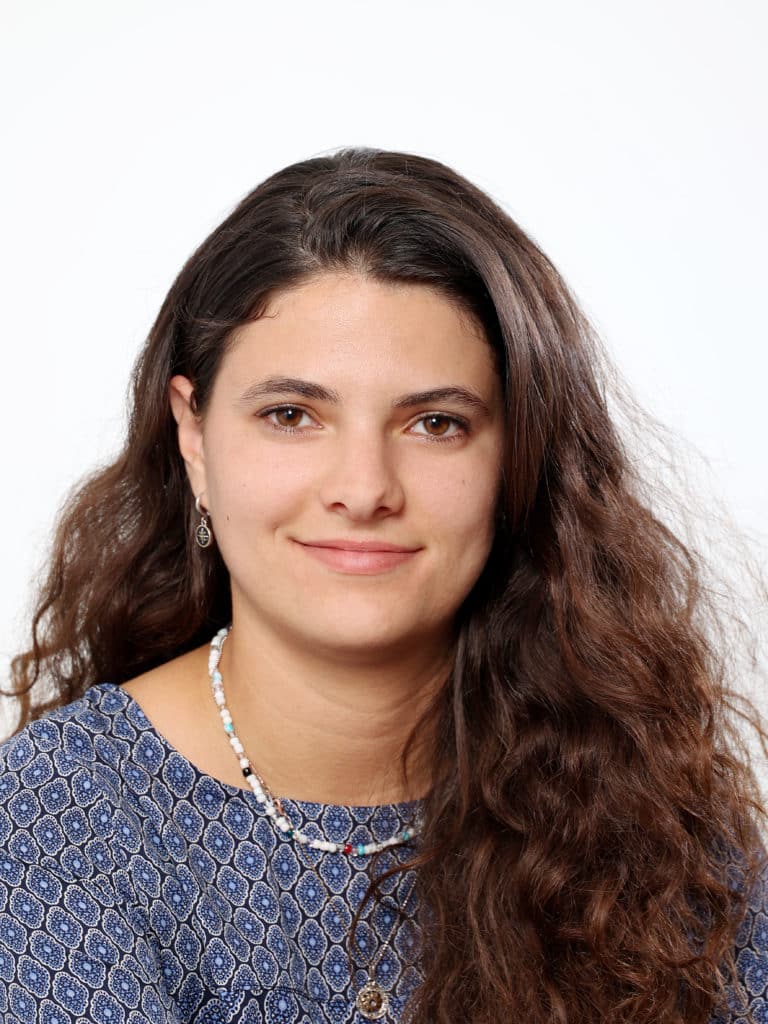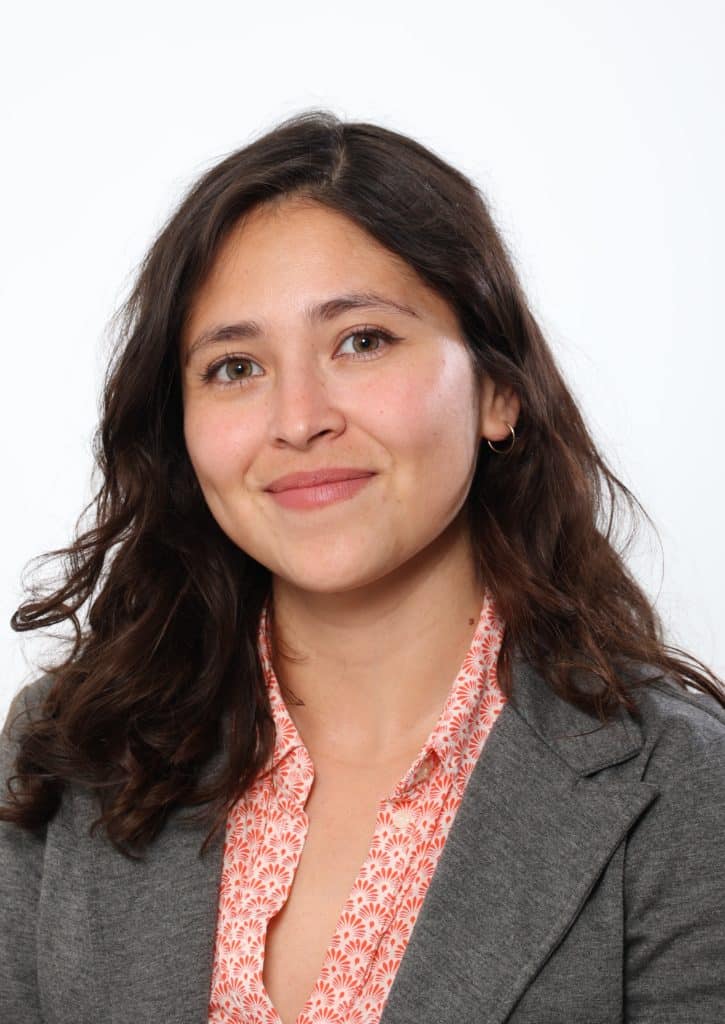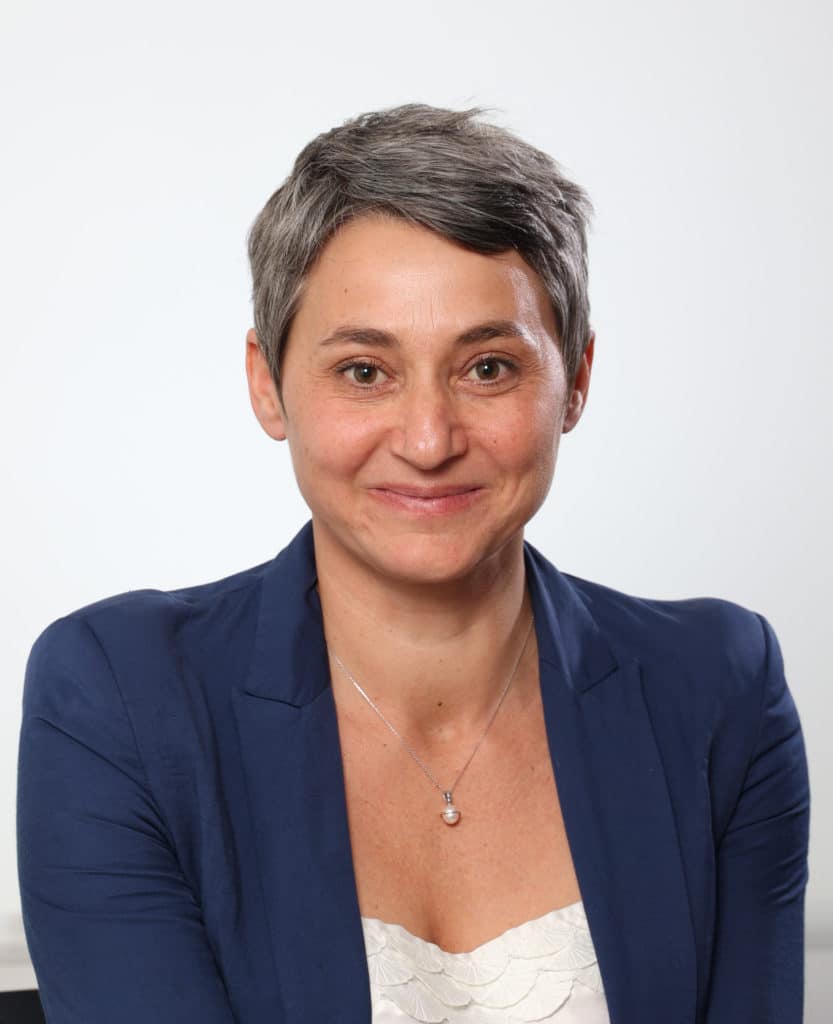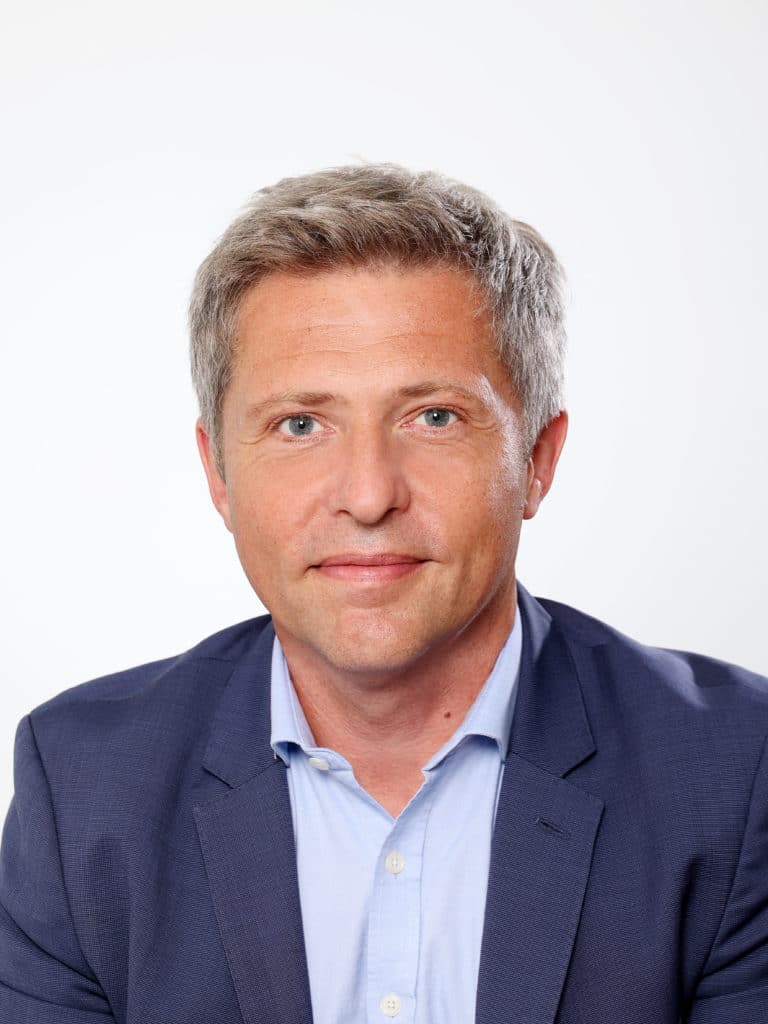Étude thématique, rapport
Comment mobiliser le financement privé et citoyen dans la transition énergétique ?
- Créativité
- Inclusion
- Résilience
- Sobriété
- Économie collaborative
- Budgets carbone / Transition
- Partenariats publics/privés
- Énergie
L'AFL publie une nouvelle étude réalisée en collaboration avec l'Institut National des Études Territoires (INET). Cette étude s'attache à démontrer l'intérêt pour les collectivités du recours au financement participatif du fait de plusieurs caractères orignaux :
- Il constitue un complément intéressant aux circuits bancaires traditionnels en ce qu'il permet le financement d'investissements moins mis en valeur mais essentiels. Une part importante des porteurs constituée de particuliers ou des acteurs de l’Économie Sociale et Solidaire.
Il propose une souplesse certaines par les différentes formes qu'il peut prendre : le don, largement majoritaire, mais aussi le prêt ou l'investissement.
A l'image de l'étude précédent sur les budgets verts (également disponible sur la boîte à outils), cette étude présente les principaux garde-fous juridiques qui encadrent les financements participatifs, notamment la garantie contre les risques de défaut des plateformes, ou le détail des montants maximum.
Elle prend la forme d'un guide à l'usage des décideurs locaux, en détaillant les recommandations sur les types de projets qu'il est préférable d'élire au financement participatif, en donnant des exemples de déroulement de financement, et en donnant la parole aux acteurs de terrain.

